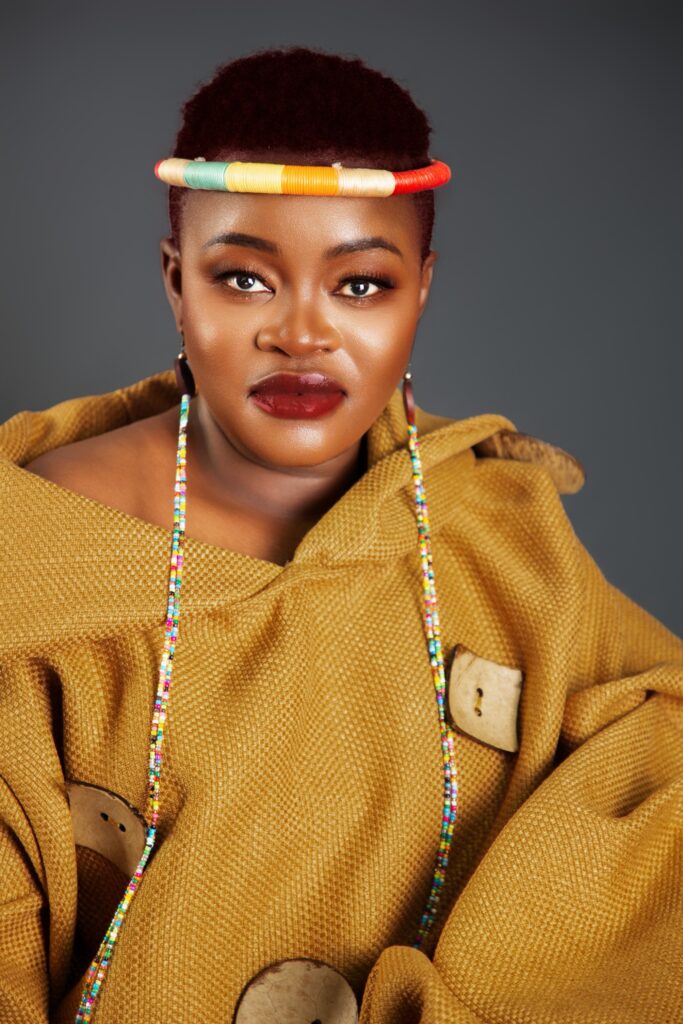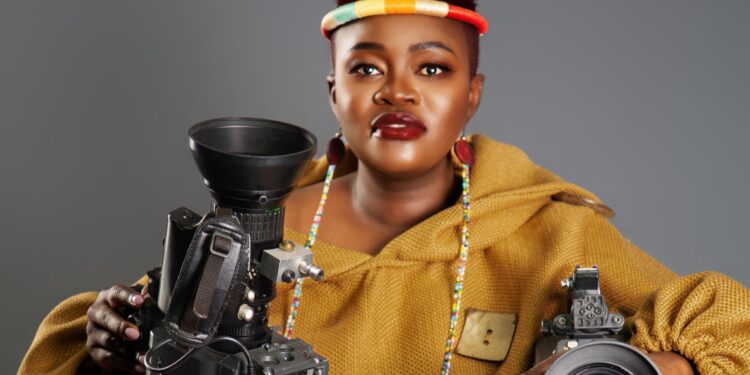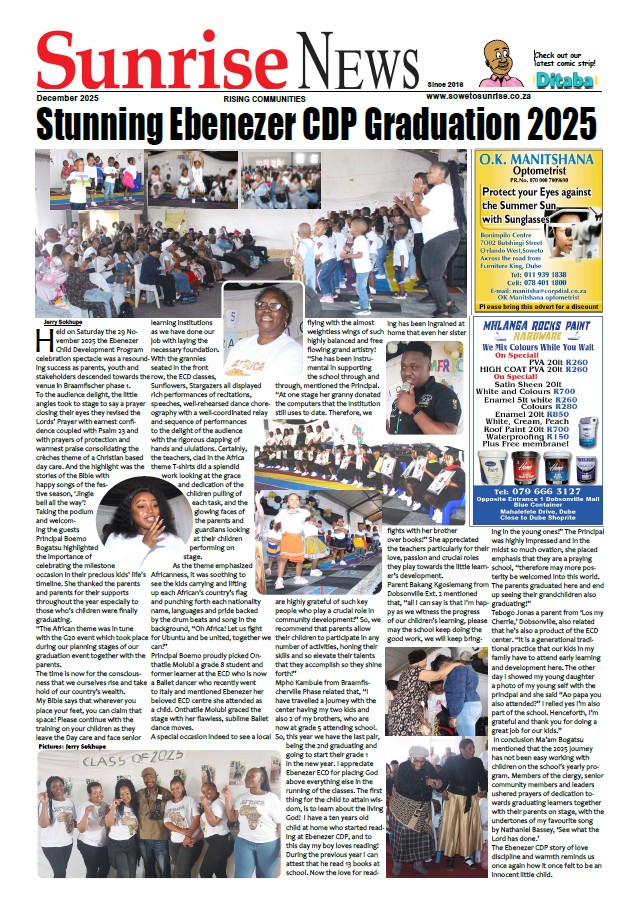For years, an actor can become a constant presence in the lives of viewers, their character woven into the cultural fabric through a beloved and long-running show. But as with all successful and long-running shows, there comes a day when the curtain falls and the applause fades. In that quiet aftermath, many actors find themselves at a crossroads, grappling with the questions that linger once the spotlight dims: What remains when the stage is empty? Where does one’s story go after the final scene?
For Maumela Mahuwa, the question of what comes after a successful run on a beloved show was answered well before Muvhango’s final call. The chapter was not inspired by the trappings of fame, but by a deeper resolve, a desire to transform her years of experience into opportunities for others. In 2017, guided by both courage and clarity of purpose, she began to craft a new narrative defined by mentorship, transformation, and a fierce belief in accessibility. This vision found its form in the African Academy of Cinematic Arts (AACA Film College), co-founded with acclaimed filmmakers: Dr Frank and Alisha. Together, they set out to create not just an institution but to reshape the landscape of creative education in South Africa.
The journey was not without obstacles. Building a film academy from the ground up demanded fortitude and sacrifice. They faced the realities of limited resources, the skepticism of naysayers, and the ever-present challenge of making arts education accessible in a country where opportunity is so often dictated by circumstance. Yet, their resolve only deepened. “Setting up a film school was necessary,” she reflects, “but access was my true motivator.”
AACA’s ethos is resolutely hands-on: students don’t just study film theory, they write scripts, operate cameras, and direct original stories, learning through action. When the inaugural class graduated in 2019 at Nu-Metro Cinema in Hyde Park, it was evident that AACA Film College had become a launchpad for exceptional talent. Alumni are now prominent in the film and TV industry, starring in Netflix, Showmax, SABC shows, and feature films.

But success brought renewed ambition. Maumela and her co-founders chose not to rest; instead, they launched BA degree programmes that bridge tradition, current practice, and future innovation. This commitment to reflection, adaptation, and forward-thinking has become the college’s defining trait.R
Today, the African Academy of It is this fusion of academic depth, practicality, and innovation that sets AACA apart, preparing a generation not only to inherit the world of cinema but to reimagine it.
Maumela Mahuwa’s odyssey is one of resilience, vision, and triumph in the face of daunting odds. Through AACA, her legacy transcends the fleeting glow of fame, illuminating a new path for the storytellers of tomorrow, one where every voice, no matter its origin, can find the spotlight. Arts is not just an accredited institution registered with the Department of Higher Education and Training, Council on Higher Education (CHE), South African Qualifications Authority (SAQA), MICT SETA, CATHSSETA, and QCTO; it stands as a testament to vision, perseverance, and the enduring value of nurturing both skill and curiosity. Its three-year bachelor’s degree programmes exemplify a philosophy that shapes not only filmmakers, but creative leaders for the future.Inside AACA’s lecture halls and studios, the Bachelor of Arts in Acting offers more than technique. Students are challenged to stretch themselves, to blend discipline with imagination, and to understand the subtle mechanics of the industry that both shapes and is shaped by their work. In tandem, the Bachelor of Arts in Film and Cinematic Studies leads students across the expanse of storytelling, from the first flicker of an idea to the nuanced choreography of post-production, each stage demanding both rigor and invention. The same approach is applied to other certificate programmes such as Certificate in Journalism, Advertising, Acting for TV, Photography, and Filmmaking.
But perhaps most telling is the curriculum’s embrace of what lies ahead. Rather than sheltering in a legacy approach to film education, AACA steps boldly into the future, bringing the latest technological advances and the disruptive potential of Artificial Intelligence (AI) into sharp focus. In these classrooms, students confront the ways emerging tools are redrawing the boundaries of filmmaking and performance, ensuring they leave not just as practitioners, but as future-proof innovators.
It is this fusion of academic depth, practicality, and innovation that sets AACA apart, preparing a generation not only to inherit the world of cinema but to reimagine it.
Maumela Mahuwa’s odyssey is one of resilience, vision, and triumph in the face of daunting odds. Through AACA, her legacy transcends the fleeting glow of fame, illuminating a new path for the storytellers of tomorrow, one where every voice, no matter its origin, can find the spotlight.
Soweto Sunrise News































